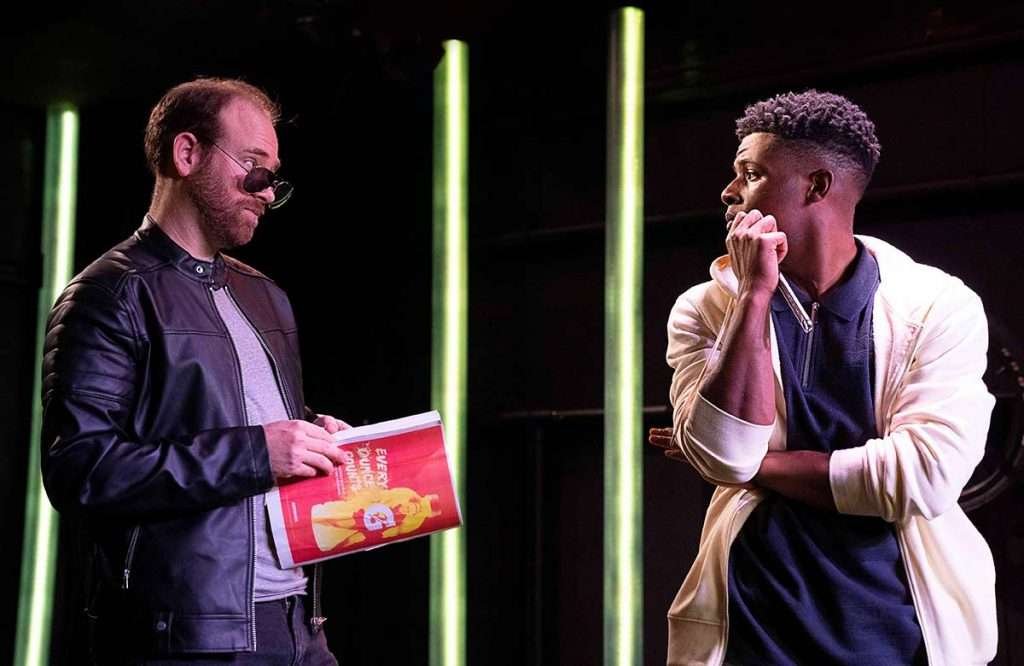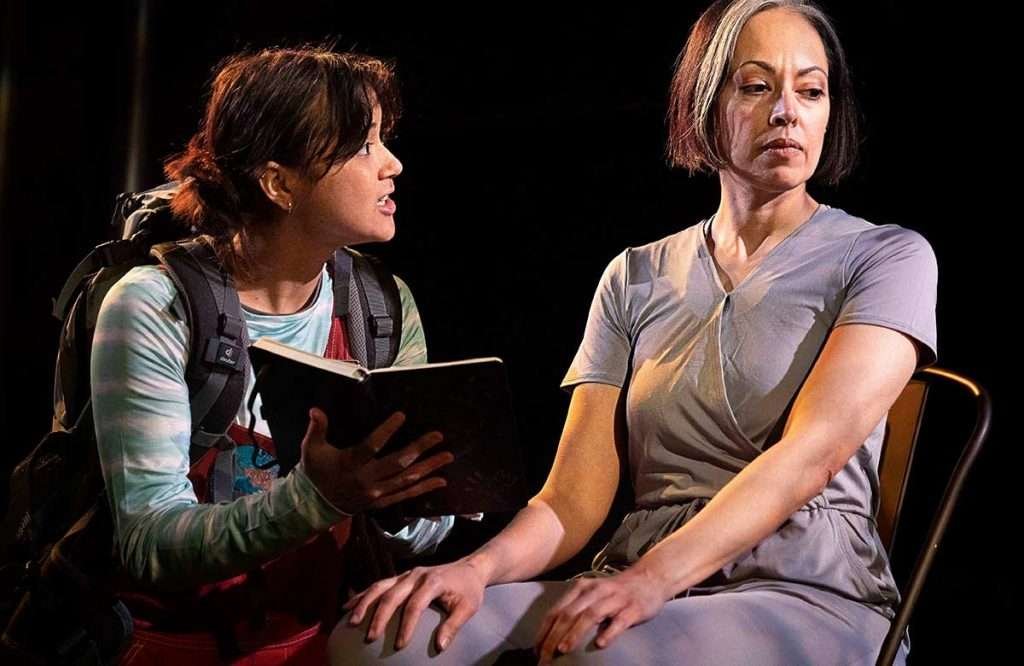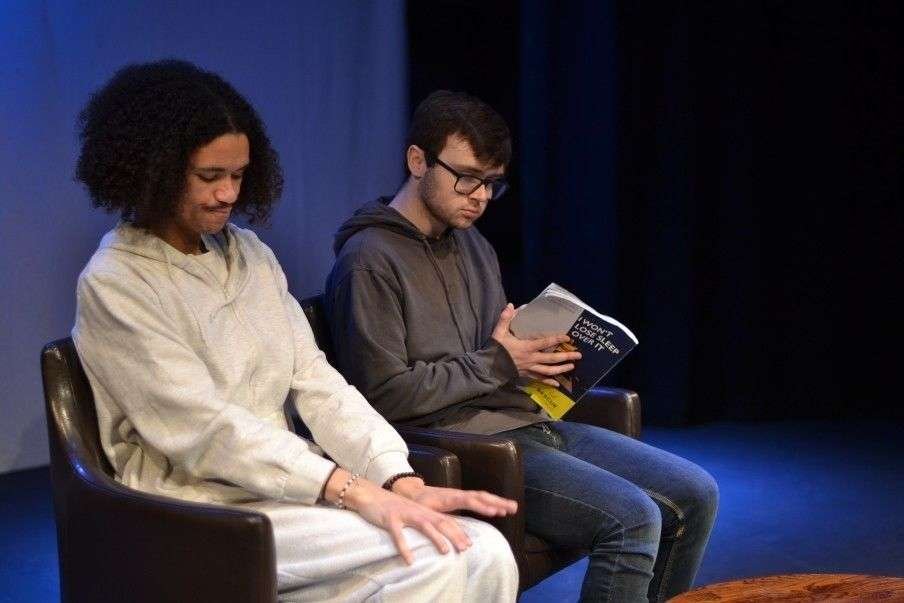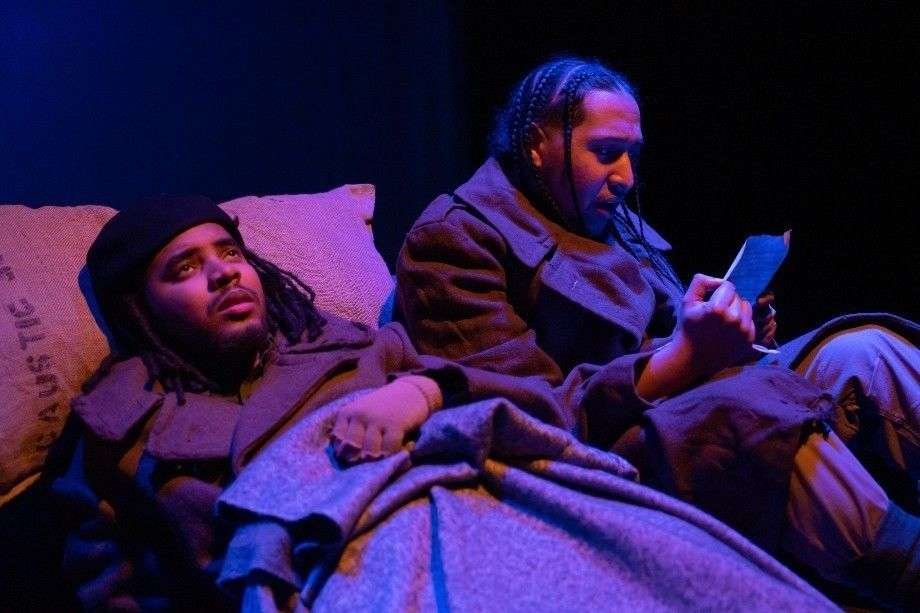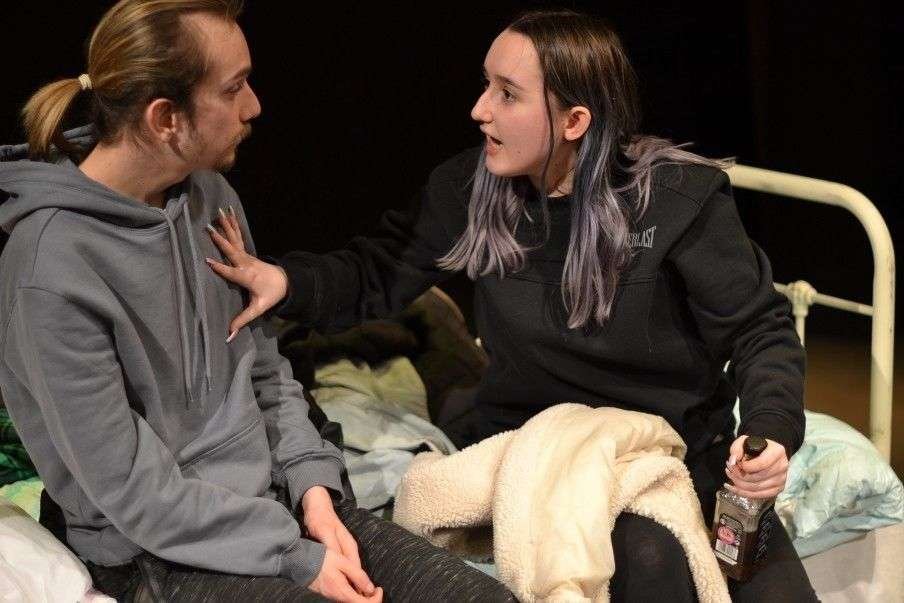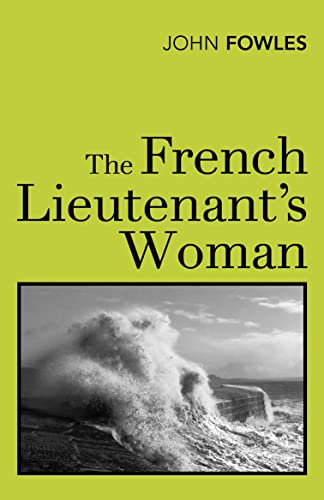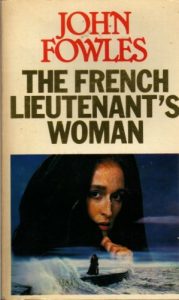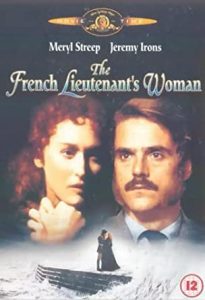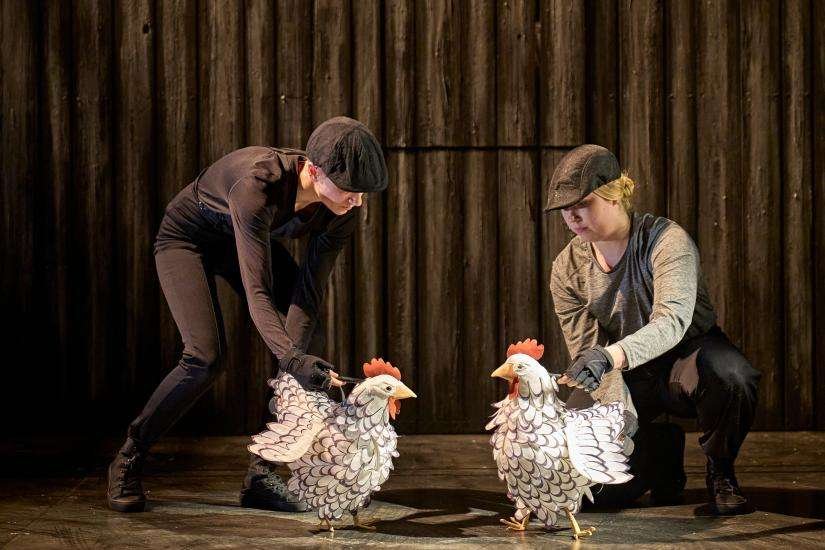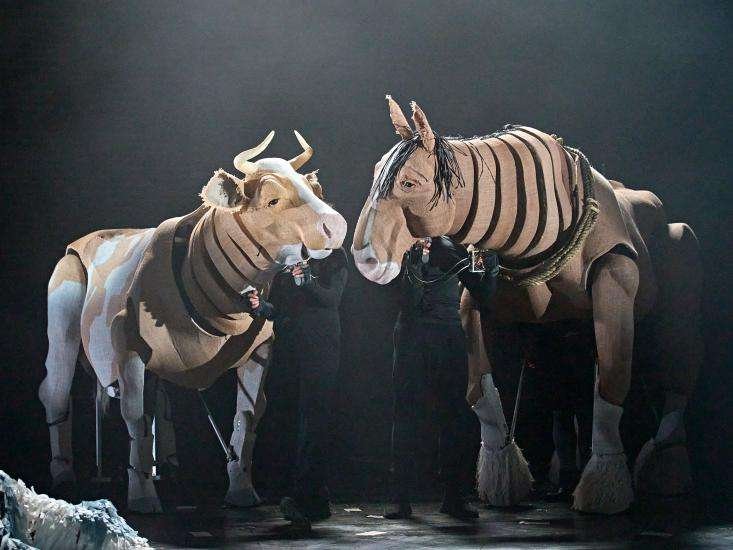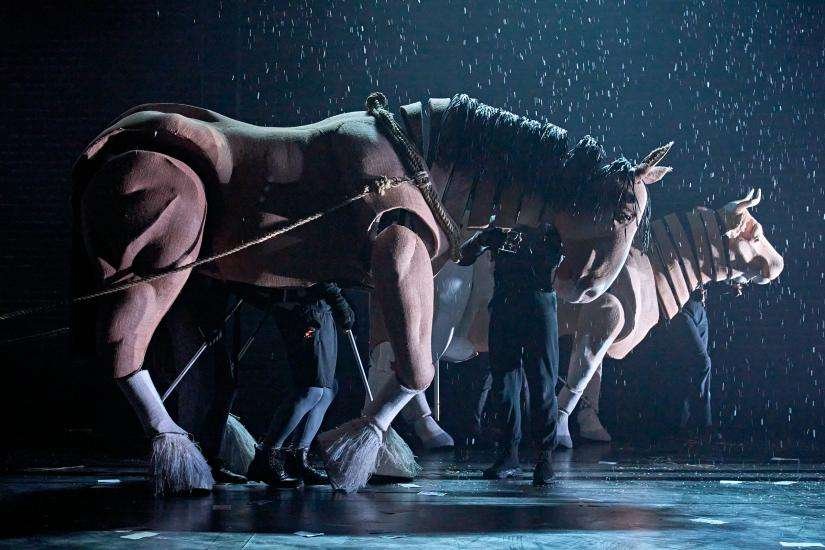
One of the things I have tried to do in the fourteen months that I’ve been writing these blogs is to keep the books I choose as varied as possible. Thus we go from classics from the nineteenth and twentieth centuries alongside a few recent books and taking in on the way children’s books, sci-fi, crime, historical fiction, short stories and a lot more. The only things I really can’t do are horror and fantasy which are just not my cup of tea.
But for all my careful eclecticism I’d never have thought of Dawn French. To be honest, I didn’t even know she had written novels – to my shame because there are several and this one was a Sunday Times bestseller last year. Then a friend said how much she’d enjoyed Because of You, So, always keen to widen my ambit, I read it.
Well, I don’t know what I was expecting but what I got was a thoughtful, compelling novel with some very serious issues at its heart. It’s also very grippingly told and well written but then Dawn French is a communicator, par excellence.
Two couples are in separate rooms in a hospital delivery suite. In either case the first baby is being born. Both couples are mixed race. Emma is the blonde wife of obnoxiously pushy self centred Julius, a politician with ambitions to be the UK’s first black PM. Hope is the daughter of a white father and Jamaican descended mother and has grown up in Bristol. She is attended by her student partner Isaac who has come from Liberia to do his degree in London. Things go well at the hospital for Emma and Julius but not for Hope and Isaac.
What follows is a finely evoked depiction of misery, loss, grief and anguish because one baby has died and the other disappears. The reader knows from the outset where the missing baby is and we meet her again – in a completely different set of circumstances eighteen years later as issues ripple down and across the generations. Her boyfriend, Lee, is an utter delight and I wish I knew him in real life.
Of course no one can condone kidnapping but this is a book with a lot of heart in which there are no absolutes. These are – for the most part – good people. Everyone has a point of view and French leads us to see each and every one of them with thoughtful sympathy apart, perhaps, from ghastly Julius who really wants to turn his family’s misfortune into shallow political capital.
French is also – obviously – a comedian so, in amongst the thought-provoking stuff is a policeman named Detective Inspector Thripshaw who really ought to be called DI Malaprop. He never gets a sentence out without some hilarious verbal solecism. What fun French must have had inventing and developing him. But even he is tempered by his tactful, kind, wise junior colleague Debbie – the police officer we’d all like assigned to us if something awful happened.
My friend was right. It’s a jolly good read – and very different from titles such as The Silver Sword, Tenderness and The French Lieutenant’s Woman that I’ve written about recently. Isn’t variety lovely?
Next week on Susan’s Bookshelves: Charles Causley Selected Poems
